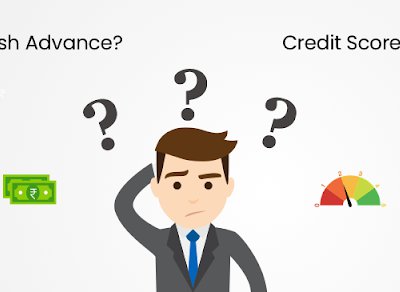Unsecured debt is debt which is not tied to any asset you own or have on collateral. One common kind of this debt is credit card debt. Credit card debt has become a serious issue for many people. It can be easy to make up front purchases without realizing the consequences upon next month’s statement. However, if managed correctly, the use of credit cards can be beneficial. Sensible use of credit cards combined with consistent on-time payments can help your credit score. Knowing how many credit cards you should have comes down to what you can handle financially.
Establish A Budget
One key step to figuring out how many credit cards you should have is to establish a budget. People should set up a budget based on what they owe their creditors to know that their needs are paid for and how much disposable income they have. Figure in essential needs first such as mortgage/rent, car payments and utilities. Take into account frequent payments like insurance and taxes. Whatever funding is left in the budget should give the consumer an idea of how much they can afford on credit cards.
Compare Rates
Different credit card companies offer several rates and services to consumers. Many cards offer low or zero percent interest rates on their cards for a six to twelve month period, after which it converts to a variable or fixed rate. Before applying or accepting a card it is important to compare rates and fees associated with them. Some cards offer a fixed rate that the consumer is locked into with purchases. Others have a variable rate that can rise or fall depending on the prime rate. Some have fees such as an annual fee, while others do not. Look beyond the low initial fee to see what the interest will be after the introductory period. Note what fees are associated with each card. Try to get the best interest rate with fewest fees for your purchases.
Service and Programs
Credit card companies offer incentives and programs for consumers. Many have balance transfer options where higher interest balances can be transferred to cards with lower rates. Note that there are fees associated with this service. Some offer cash back on purchases and points that can go towards airline use and products. When limiting the number of cards you should get, research what kind of incentives offered by different card companies will prove most beneficial to your circumstances. Some stores carry their own credit cards. If you frequent a retail store more often than others, consider getting a card there if the terms are right and you can commit to purchasing well within your budget.
When deciding how many cards should you have in your wallet, think about what you can afford. Shop around for different credit cards to see what options and services benefit you the most. The most important thing to remember is to live within your means. Keep balances low to minimize accrued interest and pay on time to maintain good credit.






